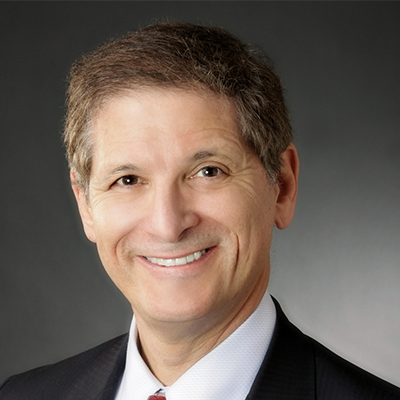Originally written by John Blumberg of Blumberg Law Offices
Heuristics are common understandings, which are mental shortcuts that spare the brain from expending energy on the hard mental work of analyzing facts and information. Many heuristics are truisms that people have decided are correct, regardless of whether they actually are correct. For example, the description of “a standard contract.” For the lay person, it likely brings to mind a written agreement that contains benign and accepted terms. In other words, nothing to be concerned about.
“Standard contract” was a punchline in my family. “It’s just a standard contract.” Shortly after my father began his law practice in 1955, he was retained by a burglar alarm company to create a contract for its customers to sign. In those days, a word processor was a typewriter; computers wouldn’t be in use for thirty years. When his client’s customers were presented with the typed contract, they would scrutinize it carefully for any unacceptable provisions. My father had an idea: he took the typed contract to a local printer who created an offset lithography of the document, and at the top, in large, ornate letters were the words, “Standard Contract.” Afterward, when his client (the businessman) presented the contract to prospective customers, he would say, “Oh, it’s just a standard contract.” And most didn’t hesitate to sign it.
My father died in 2008. And when my mother died in January 2015, I went to the mortuary to sign the necessary papers for her cremation. My heart was heavy and even though I scrutinized documents on a daily basis in my law practice, I did not look forward to this task. Although I was following her express wishes, these were the papers that would commit my mother’s remains to her final destination. This was not a routine transaction for me. The young woman employed by the mortuary gave me the contract; I read it carefully. The last paragraph said,
“I agree to indemnify, release and hold the Crematory, Funeral Home, their affiliates, agents, employees and assigns, harmless from any and all loss, damages, liability or causes of action (including attorneys’ fees and expenses of litigation) in connection with the cremation and disposition of the cremated remains of the Deceased . . . .”
I looked at the young woman and said, “Please strike this paragraph from the contract because I won’t agree to this. This is a business licensed by the State of California and is obligated to follow laws, regulations and standards. When professionals provide services, they are expected to stand by their services, and if they cause harm by mistakes or negligence, they do the right thing and compensate those who have been harmed. People come here at one of the worst times of their lives and expect to be treated fairly. They don’t scrutinize a contract like a lawyer to detect overreaching and unfairness. This isn’t acceptable. Strike the paragraph or I’ll have another mortuary transport my mother to their establishment to provide these services.”
Then, she said, “But sir, it’s a standard contract.”
When I insisted that the provision be stricken, she refused, and I walked out. I could see my father’s face, nodding and smiling at me. I was able to find another mortuary that did not require that I release, hold harmless and indemnify.
What does all this have to do with persuasion science? There are descriptive words and phrases that bypass scrutiny, and assumptions that people want to believe are true. Comedian Steven Colbert coined the word “truthiness” which is defined as “what you want the facts to be, as opposed to what the facts are. What feels like the right answer.” Subsequent academic research has actually analyzed many of the factors that contribute to the “truthiness effect,” and that will be discussed in a later Persuasion Science Summary. But the takeaway for trial lawyers is that if you want your message to be believed, the facts must be presented in a manner that jurors will want to be true, or logically seems to be true. In other words, couch your argument in terms of what many people already believe to be true.

John P. Blumberg is a board-certified trial lawyer and a board-certified specialist in legal malpractice and medical malpractice cases. He is also on the national Board of Directors of the prestigious American Board of Trial Advocates. Mr. Blumberg is an instructor of trial and litigation skills and has written dozens of articles for professional legal journals. He acts frequently as an arbitrator and mediator.
Mr. Blumberg has been selected as a Southern California Super Lawyer every year since 2004, an honor accorded to only the top 5% of practicing attorneys. His superlative results earned him membership in the prestigious Million Dollar Advocates Forum, open only to the top trial lawyers in America.
Watch Episode 35 of Trial Lawyer View Podcast featuring John Blumberg here.




